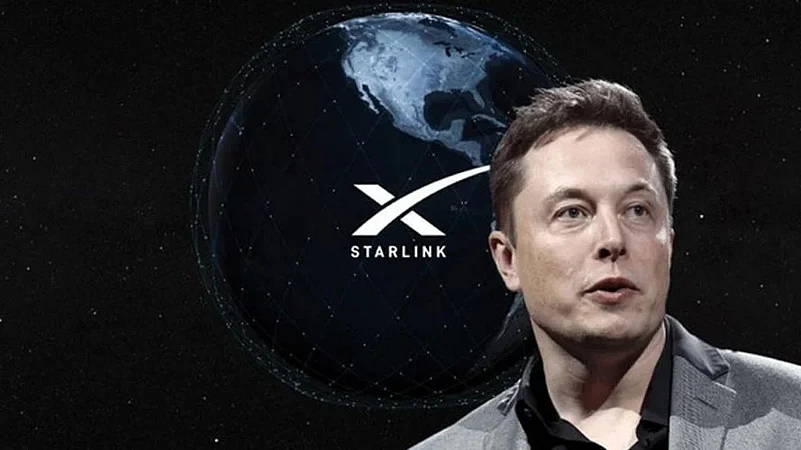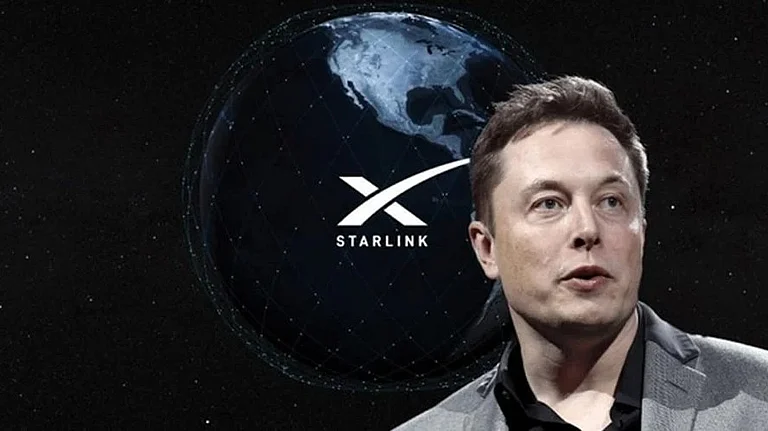
Starlink has received trial spectrum in India to conduct security tests before commercial launch.
The DoT has reportedly granted provisional clearance for trial satellite broadband services.
Elon Musk's company plans to set up 10 base stations in India with Mumbai as the hub.
Elon Musk’s satellite internet venture Starlink has reportedly received trial spectrum to build its ground infrastructure and conduct security compliance tests in India. The company already holds a Global Mobile Personal Communication by Satellite (GMPCS) licence and authorisations from IN-SPACe to operate its satellites in India.
According to Moneycontrol, the Department of Telecommunications (DoT) has given Musk's firm provisional spectrum clearance to begin trial satellite broadband services. This will allow the company to start building the ground infrastructure needed for a commercial launch.
Reports citing sources say Starlink plans to set up base stations at 10 locations, with Mumbai as the central hub. It has also applied for an import licence to bring in equipment, including landing station hardware, to establish its ground station in India.
The satcom giant has reportedly outsourced the task of building the gateway in Mumbai to Equinix.
After more than two years of waiting, Starlink finally obtained a GMPCS licence earlier this year. Earlier reports had indicated that the delay was linked to the company meeting the security conditions outlined in its Letter of Intent. Under these rules, satellite communication traffic in India must be routed through local earth station gateways, with operators prohibited from storing, decoding, or directing domestic data outside the country.
Starlink operates in more than 125 countries but has faced challenges in India, including a 2021 directive to refund pre-bookings collected without regulatory clearance.
In June, the Department of Telecommunications granted Eutelsat OneWeb and the Jio-SES joint venture Orbit Connect India a six-month extension, until November, to use provisional spectrum. The extra time is intended to help them comply with new mandatory security protocols introduced in May 2025. Both firms already hold GMPCS licences but must satisfy the updated security criteria before launching full-scale commercial operations in India.
Meanwhile, the government is still working on the pricing and allocation framework for satellite spectrum. The Digital Communications Commission (DCC) is preparing recommendations for TRAI, after which formal allocation will be completed.
Pricing remains a sensitive issue. In May, TRAI suggested that satellite service providers pay 4% of adjusted gross revenue (AGR) as usage charges. Private telecom operators have pushed back against this proposal, and a final decision is pending.
































